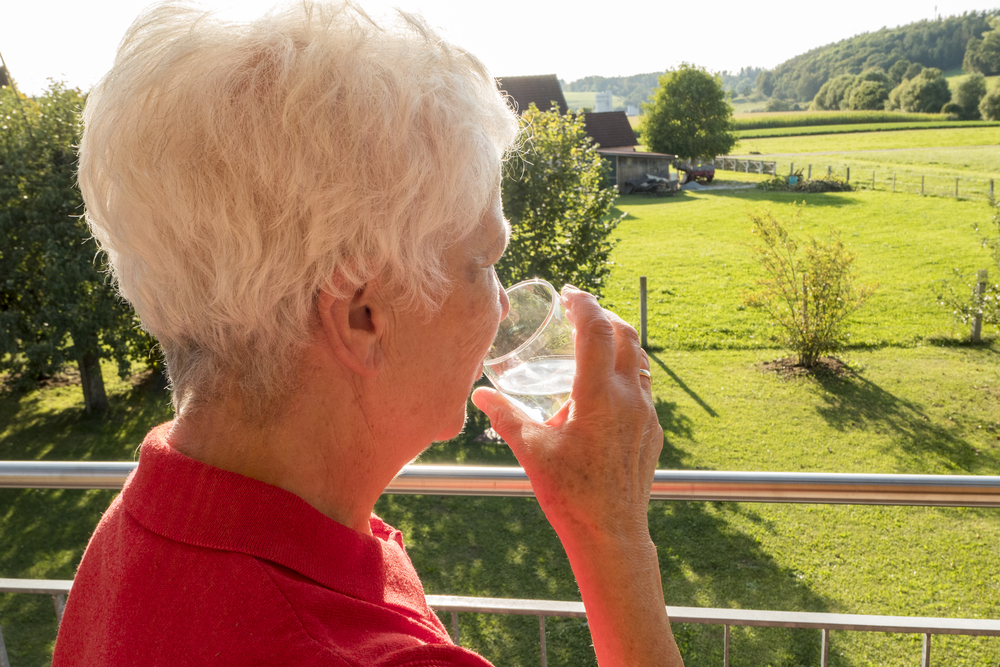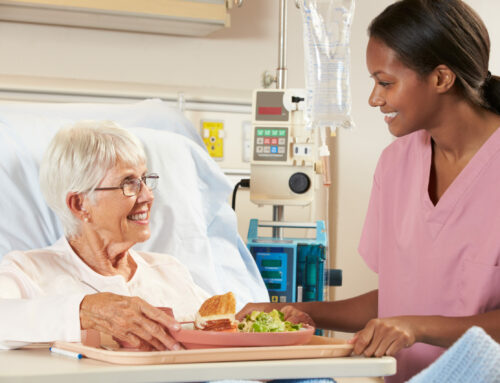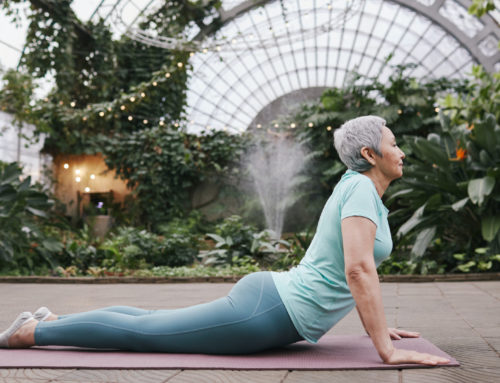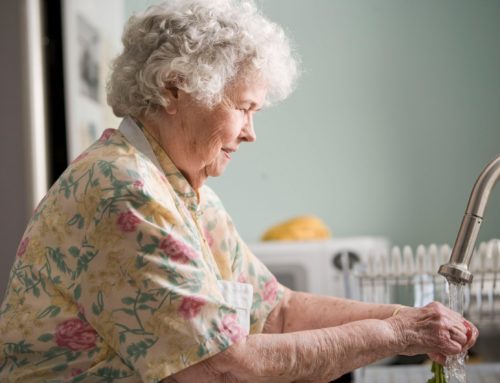Geriatric Nutrition: The Importance of Hydration for Older Adults
As we age, our bodies undergo many changes, including changes in our fluid balance. Older adults are particularly susceptible to dehydration, as their sense of thirst may decrease, making it more difficult to stay hydrated. In compassionate home care, understanding the importance of hydration and providing adequate fluids is essential for maintaining good health and quality of life for older adults.
Dehydration can lead to a variety of health problems, including constipation, urinary tract infections, confusion, and even hospitalization.
Therefore, in compassionate home care, caregivers should encourage older adults to drink plenty of water and other fluids throughout the day. It’s recommended that older adults drink at least 8 cups of water per day, and even more in hot weather or during physical activity.
Older adults may not feel thirsty, even when they are dehydrated.
Therefore, caregivers should offer fluids frequently and incorporate hydrating foods into meals and snacks. Fruits and vegetables, such as watermelon, cucumber, and oranges, are excellent sources of water and can help older adults stay hydrated. Soups and broths are also hydrating options that can be included in meals.
In compassionate home care, caregivers should also be aware of factors that may contribute to dehydration, such as medications that increase urine output or certain medical conditions that affect fluid balance. Caregivers should work with healthcare professionals to ensure that older adults receive adequate fluids based on their individual needs.
It’s important to note that not all fluids are created equal.
In compassionate home care, caregivers should encourage older adults to choose water and other low-sugar, low-caffeine fluids such as herbal tea, decaffeinated coffee, and milk. Sugary drinks, such as soda and fruit juice, can actually contribute to dehydration and should be limited.
In conclusion, hydration is essential for maintaining good health and quality of life for older adults in compassionate home care. Caregivers should encourage older adults to drink plenty of fluids throughout the day and incorporate hydrating foods into meals and snacks. By paying attention to hydration, caregivers can help prevent dehydration and the associated health problems that can arise.






